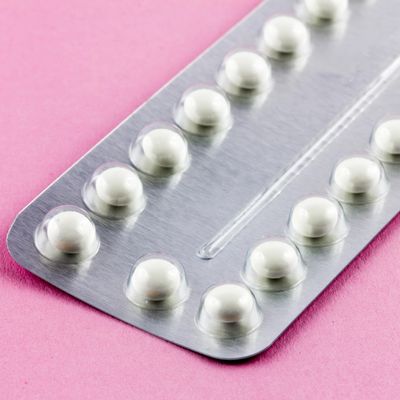
The birth-control pill is a wonderful invention, but like any medication, it is not without side effects. A new study, however, suggests that decreased sex drive is not one of them.
It’s long been thought that the Pill can kill libido, but the existing research has been inconclusive. Some women have reported an increase or a decrease in desire, while certain studies didn’t differentiate between types of contraceptives and others didn’t include control groups of women using non-hormonal methods. Past research also didn’t take into account women’s desire in the context of relationships. Researchers at University of Kentucky and Indiana University wanted to get to the bottom of it, so for a new paper in The Journal of Sexual Medicine, they looked at how different birth-control methods impacted desire in heterosexual relationships of different lengths as well as the effect on long-term relationships.
The more than 900 study participants filled out a survey called the Sexual Desire Inventory, which assessed their libido on two levels — solitary and dyadic (with their partner). Participants also said what type of birth control they were using and researchers grouped the methods into three categories: oral contraception (the Pill), other hormonal contraception (e.g., the patch, ring, implant, and certain IUDs), and non-hormonal methods (condoms, the copper IUD, and barrier methods like diaphragms).
They found that women using non-hormonal birth control had higher levels of solitary desire than women using hormonal methods. But women taking the Pill had higher levels of sexual desire with their partners than women using non-hormonal methods. (Men’s desire didn’t seem to change based on the type of contraception their partner was using, which should surprise exactly zero people.) But when researchers accounted for participants’ age and how long they’d been together, the differences in desire were no longer statistically significant, suggesting that the context of the relationship has more of an impact than the type of contraception people use.
Lead author Kristen Mark, Ph.D., M.P.H., told Yahoo Beauty that, “yes, hormones play a role in sexual
desire, but so do so many other things! So, ignoring the context and
trying to pinpoint one thing to attribute low (or high) desire to is
shortsighted. We as scientists are beginning to put more pieces together
to further understand sexual desire.” Women’s sex drive is often not as clear cut as men’s, for one. There’s spontaneous desire versus responsive desire — wanting to get it and seeking out sex versus, say, wanting sex once your partner kisses you. And sex drive also changes over the course of your life. If you’re just not feeling it, you may need to blame something else besides the Pill.




